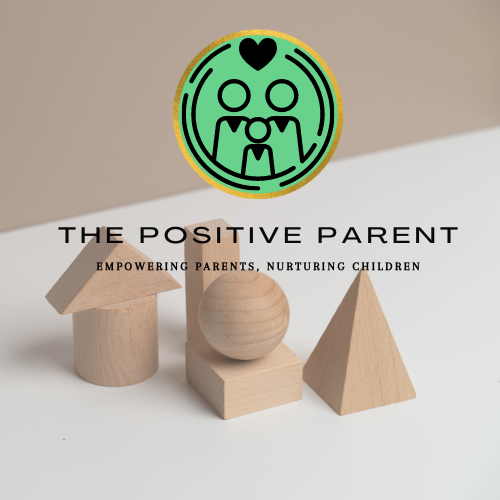Meltdowns: A Parent's Guide to Survival
Meltdowns. They're a universal experience for parents. Whether you have a toddler, a teenager, or somewhere in between, you've likely encountered the dreaded meltdown. It's that moment when your child loses control, their emotions erupting like a volcano, leaving you feeling overwhelmed, frustrated, and sometimes even a little helpless.
As a parent of three, a 10-year-old boy, a 4-year-old girl, and a 3-year-old girl, I've had my fair share of meltdowns. From the epic tantrums of my toddler years to the more nuanced emotional outbursts of my older children, I've learned a thing or two about navigating these challenging moments.
Understanding Meltdowns
Before we dive into strategies for managing meltdowns, it's important to understand what they are and why they occur. A meltdown is a sudden emotional outburst that often involves crying, screaming, hitting, or other disruptive behaviors. They can be triggered by a variety of factors, including:
Overwhelm: Too much stimulation or activity can lead to a meltdown. For my 10-year-old, this might be a particularly stressful day at school, while for my younger daughters, it could be a crowded playdate.
Frustration: When children are unable to express their needs or achieve their goals, they may become frustrated and resort to a meltdown. This is especially common in toddlers and young children who are still developing their communication skills.
Fatigue: Children, like adults, need adequate sleep to function properly. When they're tired, they're more likely to become irritable and prone to meltdowns.
Hunger or Thirst: Physical discomfort can contribute to emotional outbursts. It's important to make sure your child is well-fed and hydrated throughout the day.
Sensory Overload: Some children are more sensitive to sensory input than others. Overwhelming sights, sounds, smells, or textures can trigger a meltdown.
Preventing Meltdowns
While it's not always possible to prevent meltdowns entirely, there are steps you can take to reduce their frequency and intensity.
Identify Triggers: Pay attention to your child's behavior and try to identify what often precedes a meltdown. Once you know what triggers your child's emotional outbursts, you can take steps to avoid or mitigate those situations.
Create Routines: Predictability can help children feel more secure and in control. Establishing consistent routines for meals, bedtime, and other daily activities can reduce stress and anxiety.
Provide Outlets: Encourage your child to engage in physical activity and creative expression. This can help them release pent-up energy and manage their emotions in a healthy way.
Communicate Effectively: Use simple language and active listening to help your child express their feelings. Avoid making assumptions or dismissing their emotions.
Offer Choices: Giving your child options can help them feel more empowered and in control. For example, instead of saying, "It's time to go to bed," you could ask, "Do you want to wear your blue pajamas or your red pajamas?"
Managing Meltdowns
When a meltdown does occur, it's important to stay calm and respond in a way that supports your child's emotional well-being.
Stay Calm: Your child's behavior is likely a reflection of their emotions, not a personal attack. Try to remain calm and avoid getting angry or defensive.
Validate Feelings: Acknowledge your child's emotions, even if their behavior is challenging. Let them know that you understand they're upset and that it's okay to feel that way.
Set Boundaries: Clearly communicate your expectations and consequences. Let your child know that their behavior is unacceptable, but avoid using threats or punishments that could escalate the situation.
Offer Support: Provide a safe space for your child to calm down. You might try holding them, rocking them, or simply sitting quietly with them.
Take a Break: If needed, remove yourself from the situation to avoid escalating the meltdown. Give yourself some time to cool down before returning to your child.
Self-Care for Parents
Managing meltdowns can be exhausting and emotionally draining. It's important to take care of yourself so that you can be the best parent possible.
Seek Support: Connect with other parents or professionals who can offer advice and encouragement.
Practice Mindfulness: Techniques like deep breathing and meditation can help you manage stress and anxiety.
Take Care of Yourself: Prioritize your own needs, whether it's getting enough sleep, exercising regularly, or spending time with friends and family.
Remember, you're not alone in this. Meltdowns are a normal part of childhood, and every parent goes through them. By understanding the causes of meltdowns and implementing effective coping strategies, you can navigate these challenging moments with greater ease.
For more help with meltdowns visit my coaching site here




Comments
Post a Comment